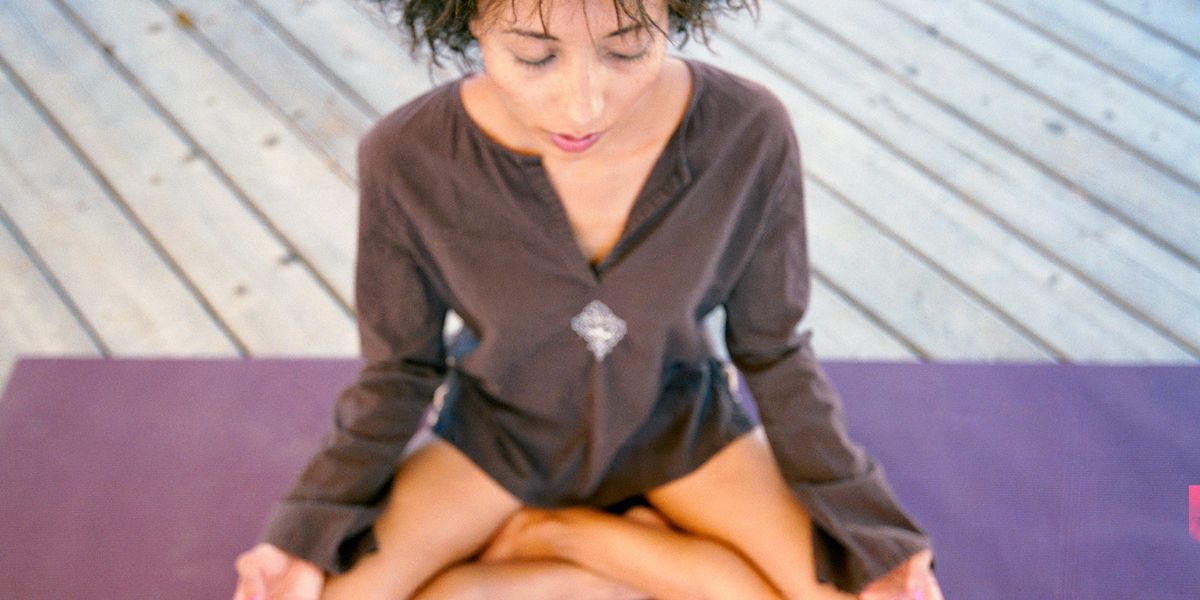How Black Dancers Regularly Confronting Racism Can Protect Their Mental Health
From dancers using their art to speak truth to power to theaters opening their doors to protesters, the dance community is mobilizing in our national reckoning with racial injustice. But what is the impact of confronting systemic racism in our dance organizations, especially for Black dancers? How does confronting racism and implicit bias regularly in their creative work affect artists psychologically?
In addition to the mental health challenges sparked by injury or career transitions, Black dancers are dealing with stress and anxiety due to the racial trauma of their everyday lives. According to a 2020 Harvard Business Review article on “How Organizations Can Support the Mental Health of Black Employees“: “It’s important to understand that when Black Americans watched the video of George Floyd being killed by a white police officer, we saw ourselves….Collectively, Black Americans were traumatized.”
This trauma can be compounded by racism embedded in the culture of the organization or in the practices of choreographers with whom they work. As artist Nana Chinara stated plainly in her viral open letter, “White folks—you actively foster environments that lead to Black harm.”
Dance Magazine
recently asked Dr. Erlanger A. Turner, PhD, to unpack how systemic racism harms Black dancers in their work. He is an assistant professor of psychology at Pepperdine University whose research and clinical interests include access to behavioral health services, cultural competency, mental health disparities and race-related stress. In his book Mental Health Among African Americans, Turner discusses how racism and discrimination can lead to symptoms of racial trauma, and how racism can lead people to feel anxiety about safety at work, mistrust of others outside of your ethnic community or even decreased life satisfaction.
What are some of the ways racism in the workplace might affect Black dancers’ mental health?
One of the challenges with being Black in America is that the stress of witnessing or experiencing racism can take a psychological toll. Research often finds that racism and discrimination are linked to increased stress, lower self-esteem and risk for mental health difficulties like depression. For Black dancers, this toll may make it difficult to effectively practice their craft due to lack of energy or motivation.
What steps can be taken by artistic directors, choreographers, teachers and other leadership to facilitate an environment that supports the mental health of Black dancers?
Workplaces that are psychologically healthy support overall wellness and offer activities to engage employees in practicing self-care and well-being. It is important for leadership to assess the needs of their dancers, to allow them to voice what may be most helpful to foster a supportive environment.
Should employers make space for dancers to “call in Black,” as explained by Evelyn from the Internets?
The idea of “calling in Black” is a healthy and important concept to consider. It normalizes the typical experiences of many Black people after repeated exposure to racist incidents.
In some ways, Black dancers may be more adept to cope with mental health difficulties. Research finds that self-care activities like dancing and movement are helpful to reduce these risks; however, no one is immune to experiencing adversity.
Can you talk about the advantages or disadvantages of choosing to navigate a dance workplace with a white institutional culture versus dancing in Black spaces?
I imagine that it depends on if the spaces allow you to authentically be yourself. If those white spaces don’t allow for that, then it may be more stressful, and it may place expectations on Black dancers that don’t allow them to value themselves.
What steps can a dancer take to protect their mental health?
Make sure that you have a self-care routine to help cope with life challenges. Identify different ways to relax, de-stress or make time for yourself each day. Even if it’s only 15 to 20 minutes. For some people this may include things like reading, taking a walk or using breathing exercises.
If things get unmanageable by yourself, be sure to seek mental health support from a licensed psychologist or therapist. You can find numerous directories that offer services by therapists of color. Some great resources include Melanin & Mental Health and Therapy For Black Girls.




